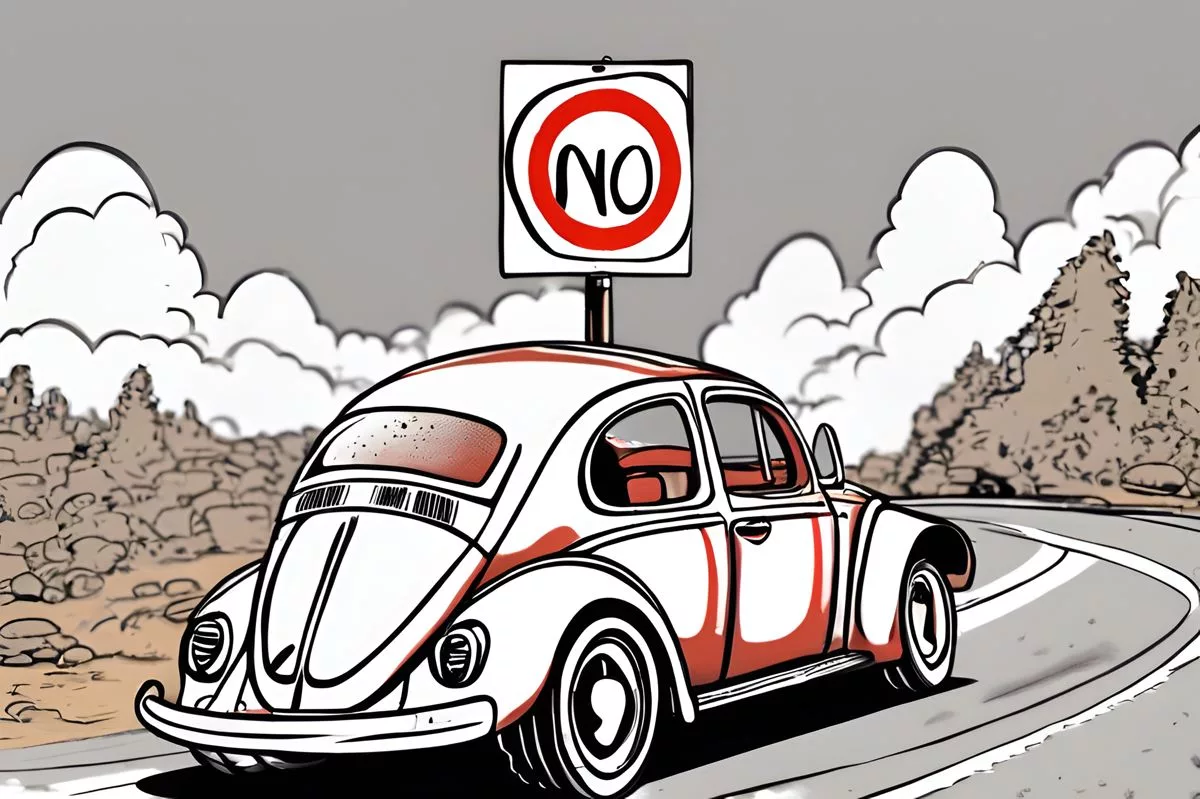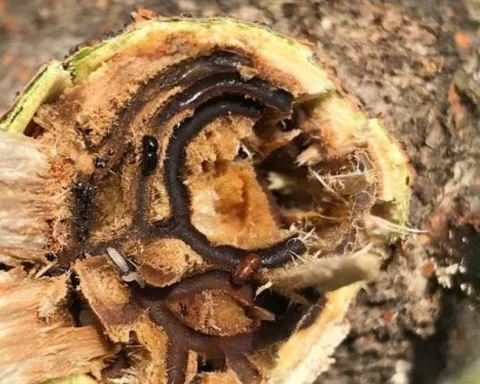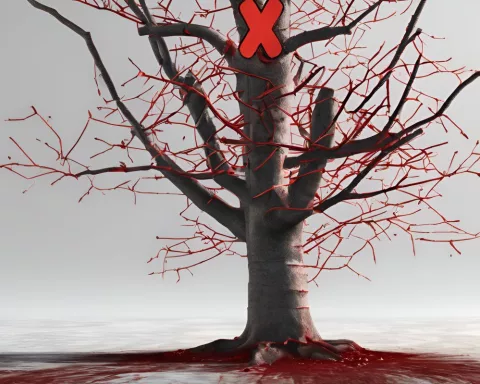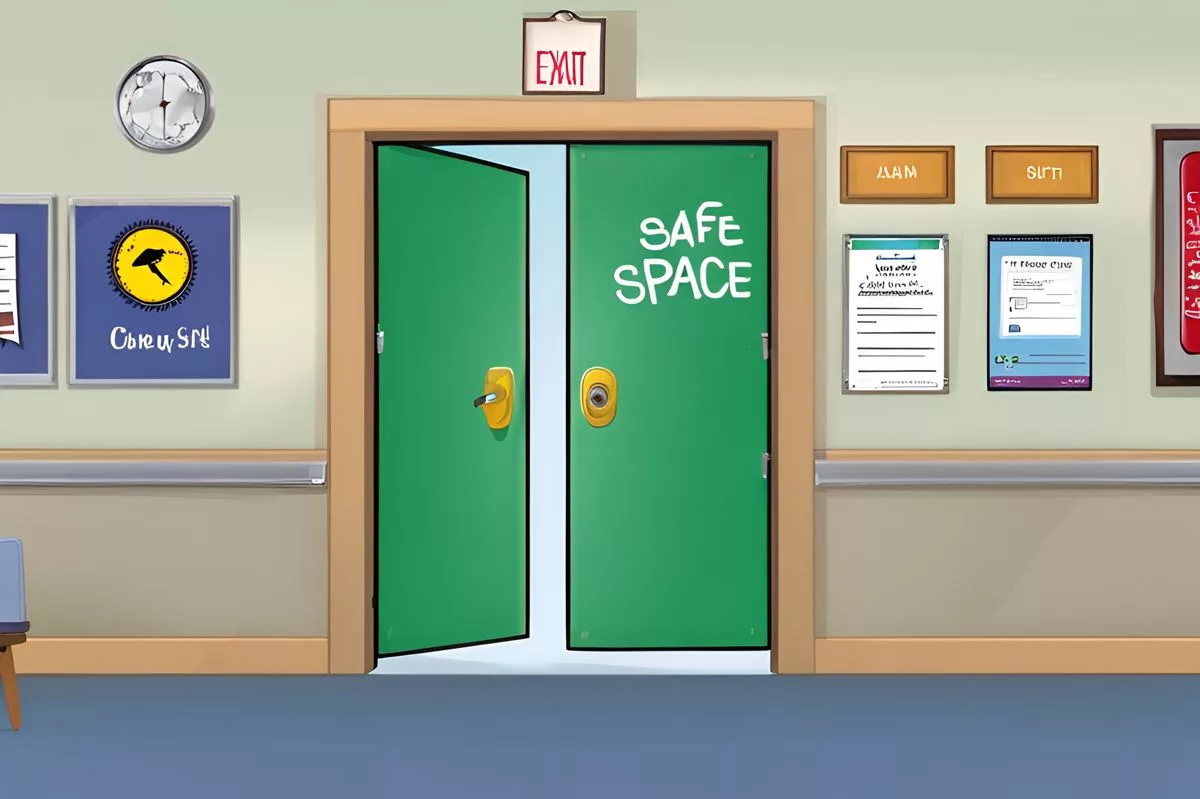Cape Town is fighting the invasive Polyphagous Shot Hole Borer beetle by offering free training to residents and businesses to manage infested trees and safely transport affected biomass. Chemical solutions have failed, so the training aims to provide attendees with crucial information about the beetle and how to recognize infested trees, handle and dispose of infested biomass, and safely transport green waste. This community effort is essential as PSHB poses a significant threat to Cape Town’s urban vegetation, and the traditional chemical solutions have failed to control it.
How is Cape Town battling against the Polyphagous Shot Hole Borer?
Cape Town is providing free training to residents and businesses to manage PSHB-infested trees and safely transport affected biomass. The city has recorded a shocking number of PSHB-infested trees, which pose a significant threat to Cape Town’s urban vegetation. The chemical solutions have failed, triggering the search for alternative strategies. The training sessions aim to impart attendees with crucial information about the beetle and how to recognize infested trees, correct handling and disposal of infested biomass, and the safe transportation of green waste.
Unparalleled Endeavour to Curb PSHB Invasion
Cape Town is taking an innovative approach to tackle the grave threat posed by the invasive Polyphagous Shot Hole Borer (PSHB) beetle, a menace for the urban forest. The city is generously extending opportunities for free training to both residents and businesses. The central objective of this plan is to enlighten individuals who are involved with tree and plant materials on how to identify and manage PSHB-infested trees and safely transport affected biomass. The ultimate goal is to halt the further propagation of this damaging insect.
The Elucidation of the PSHB Menace
The urgent need for such a program was underscored by the shocking number of PSHB-infested trees spotted across Cape Town. In suburbs like Newlands, Rondebosch, Mowbray, Claremont, Kenilworth, and along the Liesbeek River in Observatory, alarming 251 sightings were recorded by the end of February 2024. The situation in the Helderberg area is even more frightening, with a staggering 4,893 infested trees spotted since 2019.
The PSHB poses a significant threat to Cape Town’s urban vegetation. Infested trees need to be chipped, a task that is fraught with difficulties. The traditional chemical solutions, such as pesticides and fungicides, have failed to control the PSHB, triggering the search for alternative strategies.
The Lifeline of Free Training Sessions
This is where the relevance of the training sessions comes to the spotlight. Conducted in Muizenberg and Table View by officials from the City’s Invasive Species Unit, these sessions aim to impart attendees with crucial information about the beetle, its proliferation, the danger it presents, and the documented infestations in Cape Town. It’s clear that the PSHB beetle can easily permeate suburbs if extra caution is not exercised. The beetle can travel not only through infested wood but also on clothing, in the nooks and crannies of vehicles, or through unclean horticultural equipment.
Training will encompass how to recognize infested trees and the symptoms to look for, the correct handling and disposal of infested biomass, and the safe transportation of green waste. Participants will also be instructed on how to prevent the spread of the pest through equipment and machinery.
The Role of Businesses and Residents
The invitation to participate is extended to various businesses dealing with gardening and landscaping, such as gardeners, nurseries, horticulturists, tree fellers, and woodcutters. The free training sessions present an opportunity to acquire invaluable knowledge, enabling these businesses to aid residents with infestations. Notably, residents, especially those with trees on their private properties, are also strongly encouraged to attend.
Signs of infested trees include branch dieback, gumming, entry and exit holes, and staining on the bark. A vital guideline is that infested trees must be chipped on site and not removed from the property to prevent the spread of the pest to other locations.
Reporting, Treatment, and Prevention
PSHB beetle sightings can be reported online, via a phone call to the City of Cape Town’s Invasive Species Unit, or through email. The City recommends chipping the tree and placing the infested material in refuse bags for solarisation, a process that involves sealing the material in direct sunlight for at least six weeks to kill the beetle. Infected wood chips can also be incinerated at suitable facilities. If chipping isn’t feasible, the advice is to cut the infested wood into smaller pieces and place them in solarisation plastic bags.
Seeking assistance from service providers having profound knowledge of PSHB is always recommended. To prevent spreading the beetle, movement of plant or tree material or firewood outside of areas where PSHB has been confirmed should be avoided. Green waste must always be transported in closed vehicles, and equipment should be cleaned after use.
Although the City strives to respond within 10 working days to verify a reported sighting, the response time may fluctuate based on the number of sightings reported.
In summary, the City of Cape Town’s initiative to offer free PSHB pest training is an admirable and proactive response to a grave threat to its urban forests. With collaboration from residents and businesses and the shared aspiration of halting the spread of this destructive beetle, there is optimism for the city’s trees.
How can residents and businesses participate in Cape Town’s battle against the Polyphagous Shot Hole Borer?
Residents and businesses can participate in Cape Town’s battle against the Polyphagous Shot Hole Borer by attending the free training sessions provided by the City’s Invasive Species Unit. The training aims to educate attendees on how to manage infested trees, handle and dispose of infested biomass, and safely transport green waste. The invitation to participate is extended to various businesses dealing with gardening and landscaping, such as gardeners, nurseries, horticulturists, tree fellers, and woodcutters. Residents, especially those with trees on their private properties, are also strongly encouraged to attend.
What are the dangers of the Polyphagous Shot Hole Borer to Cape Town’s urban vegetation?
The Polyphagous Shot Hole Borer poses a significant threat to Cape Town’s urban vegetation. The beetle has been recorded infesting trees in suburbs like Newlands, Rondebosch, Mowbray, Claremont, Kenilworth, and along the Liesbeek River in Observatory. The beetle can easily spread through infested wood, clothing, vehicles, or unclean horticultural equipment. Infested trees need to be chipped, but this task is challenging. The traditional chemical solutions, such as pesticides and fungicides, have failed to control the PSHB, triggering the search for alternative strategies.
How can attendees of the training sessions recognize infested trees?
The training sessions will encompass how to recognize infested trees and the symptoms to look for. Signs of infested trees include branch dieback, gumming, entry and exit holes, and staining on the bark.
How should infested trees be handled and disposed of?
Infested trees should be chipped on-site and not removed from the property to prevent the spread of the pest to other locations. Infected wood chips can be incinerated at suitable facilities, or placed in refuse bags for solarisation, which involves sealing the material in direct sunlight for at least six weeks to kill the beetle. If chipping isn’t feasible, the infested wood should be cut into smaller pieces and placed in solarisation plastic bags.
How can PSHB sightings be reported?
PSHB beetle sightings can be reported online, via a phone call to the City of Cape Town’s Invasive Species Unit, or through email. Although the City strives to respond within 10 working days to verify a reported sighting, the response time may fluctuate based on the number of sightings reported.
What should be done to prevent the spread of the Polyphagous Shot Hole Borer?
To prevent the spread of the Polyphagous Shot Hole Borer, movement of plant or tree material or firewood outside of areas where PSHB has been confirmed should be avoided. Green waste must always be transported in closed vehicles, and equipment should be cleaned after use. Seeking assistance from service providers having profound knowledge of PSHB is always recommended.












